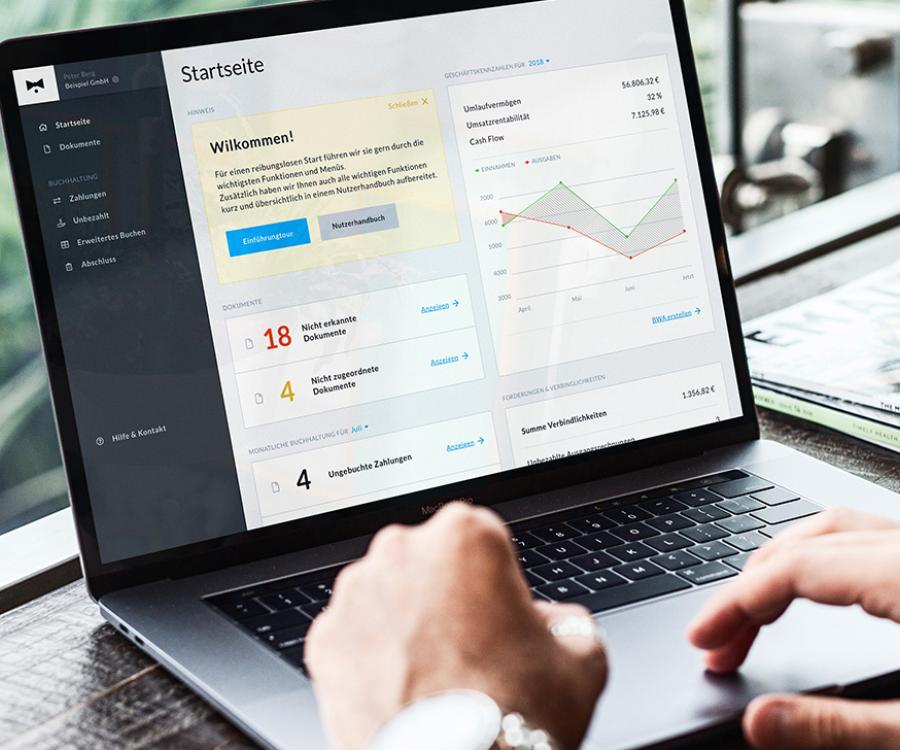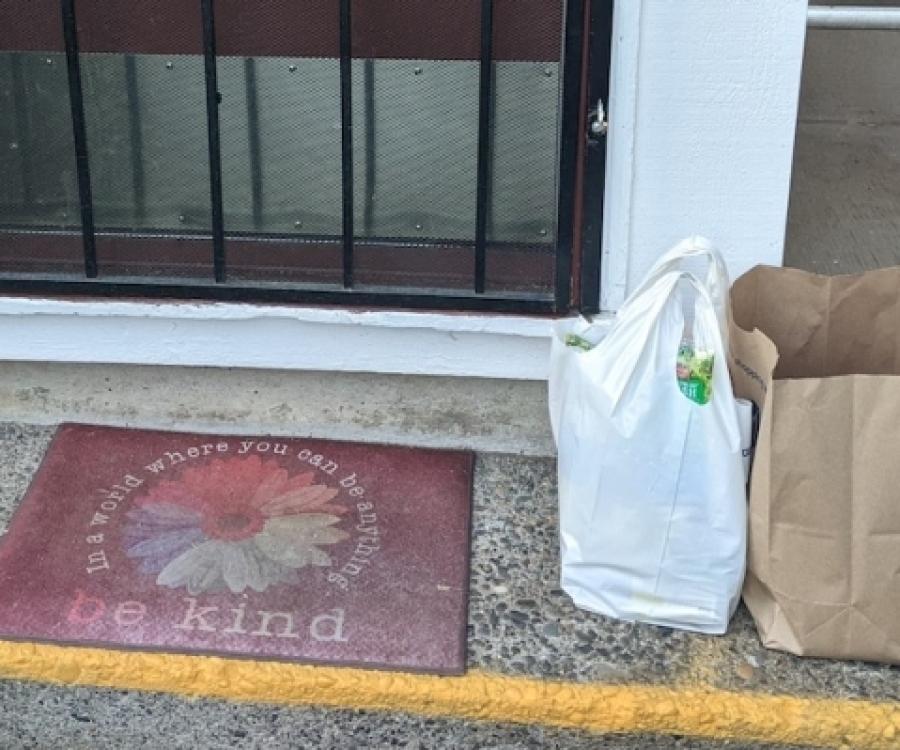
According to a new case study published by Forrester Research, Darty attributes its marketplace success to buy in from C-level support and the foresight to start with non-overlapping product categories, dedicate adequate employee resources, and take advantage Mirakl’s marketplace platform versus custom building their own solution.
Darty’s online marketplace has delivered the following results to date:
- The retailer is able to generate €6 to €7 euros for every €100 sold through the marketplace (including any costs for administering the marketplace), compared to €2 to €3 that it generates from €100 sold in products that it stocks directly.
- 20% of visits to Darty website are driven by its marketplace items, which it attributes to increased visibility in search engine results.
- An increase from 120,000 owned SKUs on Darty.com to 520,000 SKUs via the marketplace initiative.
Forrester spoke with Darty executives Cecile Helme-Guizon, Strategy Director, and Olivier Godart, Director of E-Commerce.Based on Darty’s experience, Forrester makes the following recommendations to retailers in order to make the most of their own marketplace:
Analyze the buy- versus -build question carefully
Few retailers truly understand the complexities of managing hundreds or thousands of sellers, and few have the full IT resources to dedicate to this effort. Darty pays a maintenance and service fee to an outside vendor on an ongoing basis – but by outsourcing the marketplace project ensured the company spent less upfront on an uncertain technology product and was able to generate a quick win.
Dedicate resources
Online marketplaces are not “set- and -forget” initiatives. Retailers must constantly manage seller effectiveness, accuracy of seller content and customer satisfaction with seller products. These tasks require dedicated and capable team members whose careful management ensures the overall success of the marketplace program.
Work with most receptive internal partners first
Internal merchants and stores often see marketplace as a sales competitor. To avoid that scenario, it can be wise to begin with non-overlapping categories. This gives the company culture time to digest the marketplace initiative.
“Darty’s marketplace success is the result of three things,” said Adrien Nussenbaum, U.S. CEO and co-founder, Mirakl. “First, Darty had the full support of the C-Suite and the ability to ingratiate the marketplace into company culture. Second, thanks to management’s support, Darty was able to dedicate the proper resources to the project. Finally, Darty chose to use the proven Mirakl Marketplace Solution, avoiding a long and costly custom technology build that ultimately saved the company millions of dollars.”
To learn more about Darty’s marketplace success and learn how other retailers can achieve similar results, download the full case study: “Case Study: French Retailer Darty Boosts Margins Via Its Online Marketplace,” Forrester Research, Inc., Aug. 17, 2016.
[1] “Case Study: French Retailer Darty Boosts Margins Via Its Online Marketplace,” Forrester Research, Inc., Aug. 17, 2016









